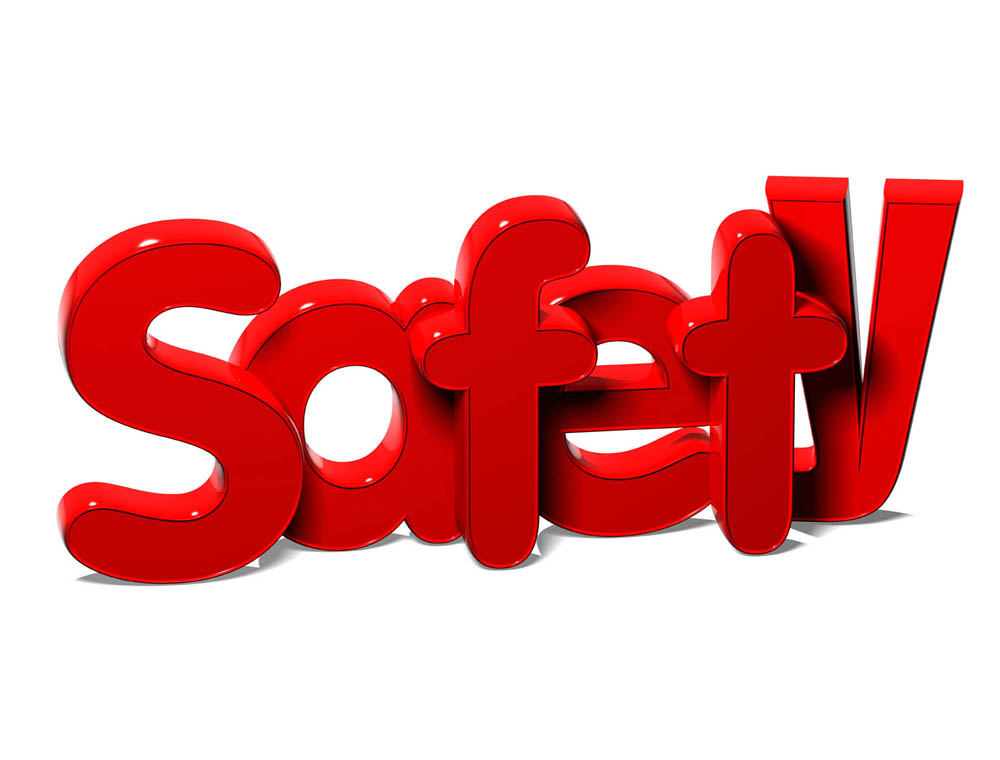When you are the landlord of a number of flats or houses in multiple occupations, as they are known, you have some serious responsibilities when it comes down to fire safety. A house in multiple occupations can be something as small as one house converted into two flats, one on the ground floor and one on the upper floor. If more than one family lives in a domestic property, it still counts as multiple occupations.
However, your liabilities only extend as far as the communal areas of the building – corridors, stairs, lifts, shared basement areas, communal lounge areas, and so on – together with the front doors of each individual flat.
It is a fact that the majority of fires in HMO’s begin in the individual flats themselves, and chief of the culprits is electrical faults caused by overloaded electrical sockets. Chip pans and frying pans also cause issues when people forget to turn off the hob. Another major problem is cigarettes which may not be properly extinguished, or in the summer may be simply thrown out of a window and the wind blows them through an open window lower down in the building.
As the landlord, you are, of course, responsible for the communal areas, and one of the things which are essential is the installation of smoke detectors. However, as we have seen, most fires don’t begin in the communal areas but in the individual flats themselves, and you should ensure that the flats also have smoke detectors, and in the kitchens a heat detector.
A smoke detector detects smoke, as you would expect, and can generate an alarm early on at the beginning of a fire. Many fires may smoulder or burn very slowly without producing flames, and in the majority of cases when people are harmed during a fire it is a result of smoke and carbon monoxide building up rather than the heat or flames.
As a landlord, you must take every precaution that you can in order to protect the occupants of your property. This includes an HMO fire risk assessment, and you will need to keep a written record of it. At UK-Fire Risk Assessments, we can undertake this for you so that you can keep compliant with the law and keep your tenants as safe as possible. We can advise you of anything that you can do to increase the safety of your tenants. Even if your property doesn’t require a licence, it is a good idea to get your property up to the licencing standards because not only will it help to safeguard your tenants but it will also future proof you from legislation changes.
Other things you can do as a landlord include changing over from key locks to thumb locks. In the event of a fire, things can get very serious if a door is locked and someone trying to escape doesn’t have or can’t find the key. Health and safety regulations say that you must ensure that tenants always have a clear exit route, and thumb locks can go a long way towards helping with this.
Another essential is the fire doors. The law says that you need to ensure that all escape routes from your property are protected, and the main way that you can do this is by using fire doors. This ensures that if a fire breaks out in a particular part of the building, your tenants should have enough time to escape safely.

